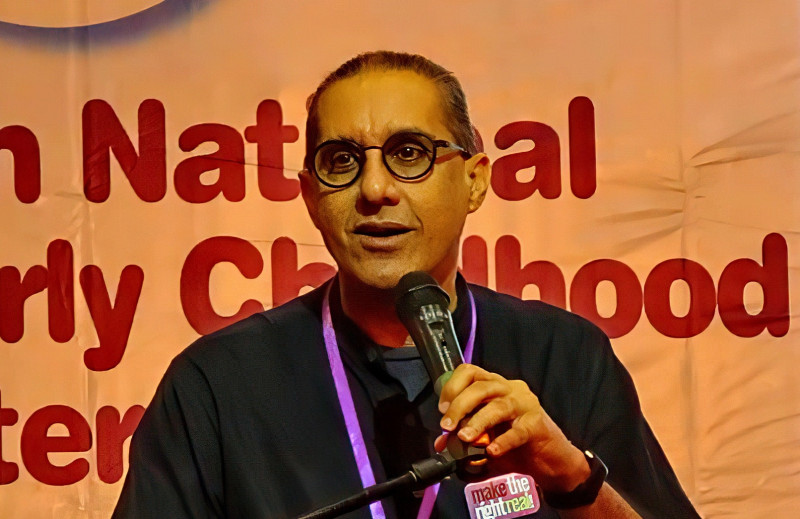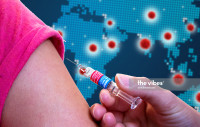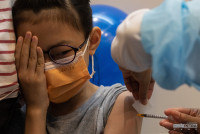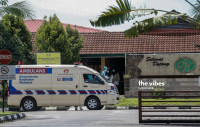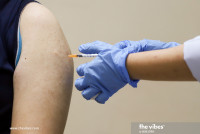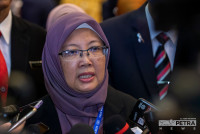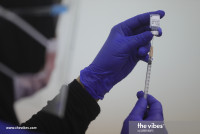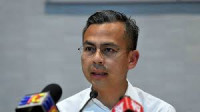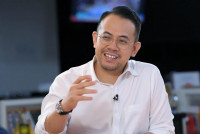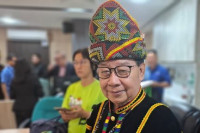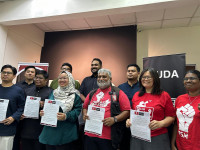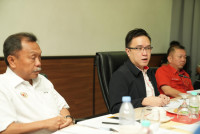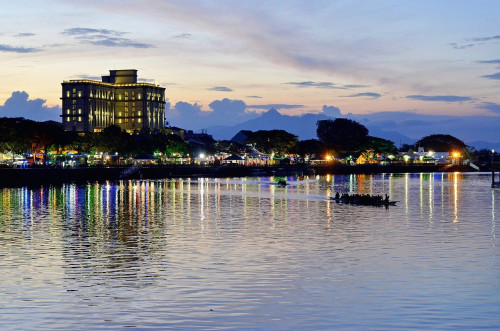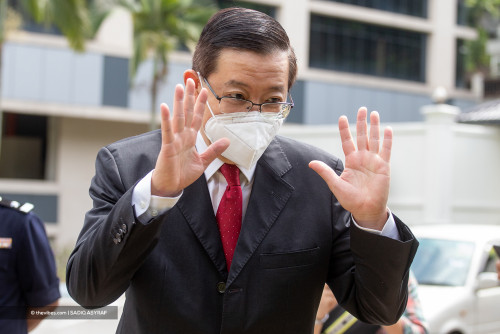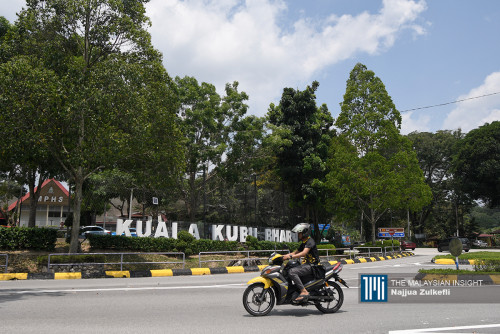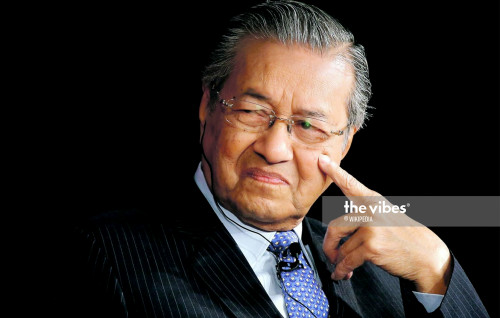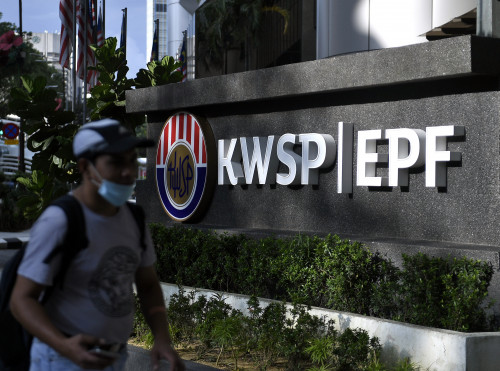KUALA LUMPUR – Medical experts and stakeholders have differing views when it comes to the Covid-19 vaccination and booster rate among schoolteachers, especially after it was revealed early this month that Sabah, Kelantan, and Perlis have the lowest booster uptakes.
Senior consultant paediatrician Datuk Dr Amar-Singh H.S.S. said teachers are in a unique position of being in regular contact with children who may not be vaccinated due to age or medical vulnerability.
“Some children are vulnerable and can get a severe Covid-19 infection known as multi-system inflammatory syndrome in children. We have more than 170 such cases in Malaysia, and some admitted to ICUs (intensive care units).”
He added that the education system will be disrupted if more teachers are infected, as seen in other countries.
“Our children need a safe-as-possible school environment to limit education disruption and one that protects them.”
He also said teachers should take the Covid-19 vaccine booster shot as it protects adults from getting severe symptoms and reduces the chance of hospitalisation.
“In addition, boosters reduce our infection risk and reduce the spread of the virus in the community.”
On February 10, Health Minister Khairy Jamaluddin revealed that Sarawak had given booster shots to more than 90% of its teachers, but Kelantan, Perlis, and Sabah logged less than 50%.
Vaccine-hesitant or anti-vaccine?
However, debate continues to swirl whether those who are unvaccinated or having incomplete doses should be termed as anti-vaxxers.
“It is inaccurate to suggest that people who are hesitant about Covid-19 vaccines are anti-vaxxers as vaccination is a personal decision, and we cannot force anyone to be vaccinated,” said Prof Dr Shamala Devi Sekaran.
She is an immunologist and virologist at UCSI University in Port Dickson, where she is also deputy dean of its medicine and health sciences faculty.
“How are we motivating teachers to be vaccinated? What are the policies in place? How were they designed?
“How different are the various vaccines and how do they work? These are some of the questions being asked, but the answers given are varied.”
She said many teachers take cues from the government, while some refer to family and friends, but a majority depend on information gleaned from social media.
“So, let us not make unvaccinated teachers the focal point, but rather try to understand what is making them anxious,” she said.
Meanwhile, associate professor Eugene Tee at HELP University’s psychology department said the reasons for the low vaccine intake are comparable across the population – not just teachers.
“One of the main factors is vaccine hesitancy, defined by the World Health Organisation as ‘delay in acceptance or refusal of vaccines despite availability of vaccination services’.
“This means they are individuals who outright refuse or those who are merely hesitant in taking their vaccinations. The vaccine hesitancy model proposes three elements: confidence (whether teachers feel confident), complacency (the extent to which teachers view it as important to take the vaccine), and convenience (ease of accessibility and appeal of vaccine-related services).
“Misinformation can certainly dampen confidence and perceptions of the safety of the vaccine; complacency in thinking that the worst is over and things are back to normal, and of course, inaccessibility for those living or teaching in rural areas,” he said.
Vaccine encouragement by teacher unions
National Union of Teachers Profession (NUTP) secretary-general Wang Heng Suan said the union has done its part in encouraging members to take the booster shot.
“The teachers have lost their confidence based on some of the adverse reaction cases that they heard about,” he said.
Wang added that NUTP has organised webinars and talks to encourage teachers to take up booster shots.
As for Sarawak Teachers’ Union (STU) secretary-general Chung Fui San, he said the union played its part in encouraging teachers through Facebook posts and WhatsApp chats to take the booster shot as early as possible.
“STU has been very active in promoting the booster shot as it is for their protection as well as the students.”
The country has administered a total of 13,924,411 booster shots as of midnight, making up 42.6% of Malaysia’s population. – The Vibes



